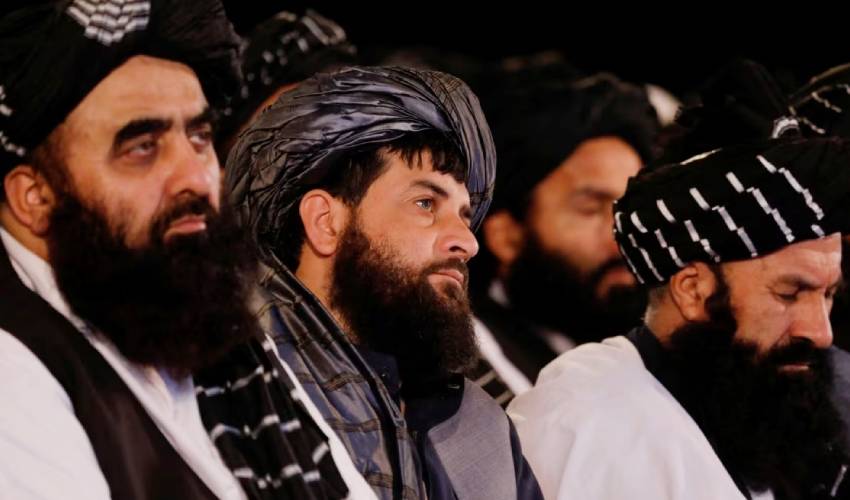In the aftermath of the recent takeover in Kabul, the extremist ideologies of the Afghan Taliban and the Tehrik-i-Taliban Pakistan (TTP) have come to light, both fervent advocates of strict Sharia law.
Following the Taliban's resurgence in Kabul, it has become evident that they and the TTP are aligned in their extremist views, whether in societal norms or Islamic teachings.
Reports indicate an immediate endorsement from the TTP after the Taliban's seizure of power, leading to an uptick in counter-terrorism operations in Pakistan. This revelation solidifies the notion that the Afghan Taliban and TTP share a common goal of spreading terrorism in Pakistan.
While the Afghan Taliban, with the support of the TTP, perpetrates acts of terrorism in Pakistan, conditions within their own country have deteriorated.
Read more: Restrictions on women's education extend to homes under Taliban rule in Kabul
Afghan communities, particularly minorities, face extreme hardships, and Afghan women are subjected to oppressive measures by the Taliban.
With a majority Pashtun population of 52.4%, Tajik ethnicity constitutes the largest minority at 32.1%, followed by Hazara, Uzbek, Turkmen, and other ethnic groups in smaller numbers.
The Taliban discriminates against Tajiks, Hazaras, Turkmen, and other linguistic and ethnic minorities, showcasing their prejudiced stance.
The Taliban has granted minimal representation to smaller linguistic and ethnic groups in power, reflecting their narrow-minded approach.
According to the United Nations, 80% of Afghan girls are deprived of education at the age appropriate for attending school. UNICEF reports that over 100,000 girls are affected by this restriction.
Read more: Taliban imposes restrictions on girls' education in Afghanistan
The Taliban and TTP, utilizing religious rhetoric for their condemned terrorist activities, have now laid bare their extremist agendas.
The Afghan Taliban and TTP exploit Sharia and Islamic teachings solely for their own gain, not only perpetuating violence against their own people but also becoming a threat to neighboring countries. They manipulate Islam to bolster and sustain their power, distorting the religion's true essence.
The recent solicitations for assistance from the World Bank, UNHCR, and UNICEF by the Taliban for impoverished families in Afghanistan shed light on the dire situation faced by the Afghan populace.
The Taliban and TTP continue to play a dangerous game in the hands of the West, utilizing religion to propagate terrorism in Pakistan.
In the recent Israel-Hamas conflict, the Afghan Taliban refrained from issuing any statement against Israeli atrocities on the besieged Palestinians in Gaza, a move that could potentially displease the West and the United States.
The policies of the Afghan Taliban do not mirror their professed commitment to Sharia; instead, they reveal a blatant pursuit of power and control. The charade of promoting Sharia law is overshadowed by a clear demonstration of the ruthless play for power and dominance.
In light of these revelations, the Afghan Taliban and TTP's purported adherence to Islamic principles is nothing more than a smokescreen for their true intentions – a dangerous game of power, manipulation, and terror.



























